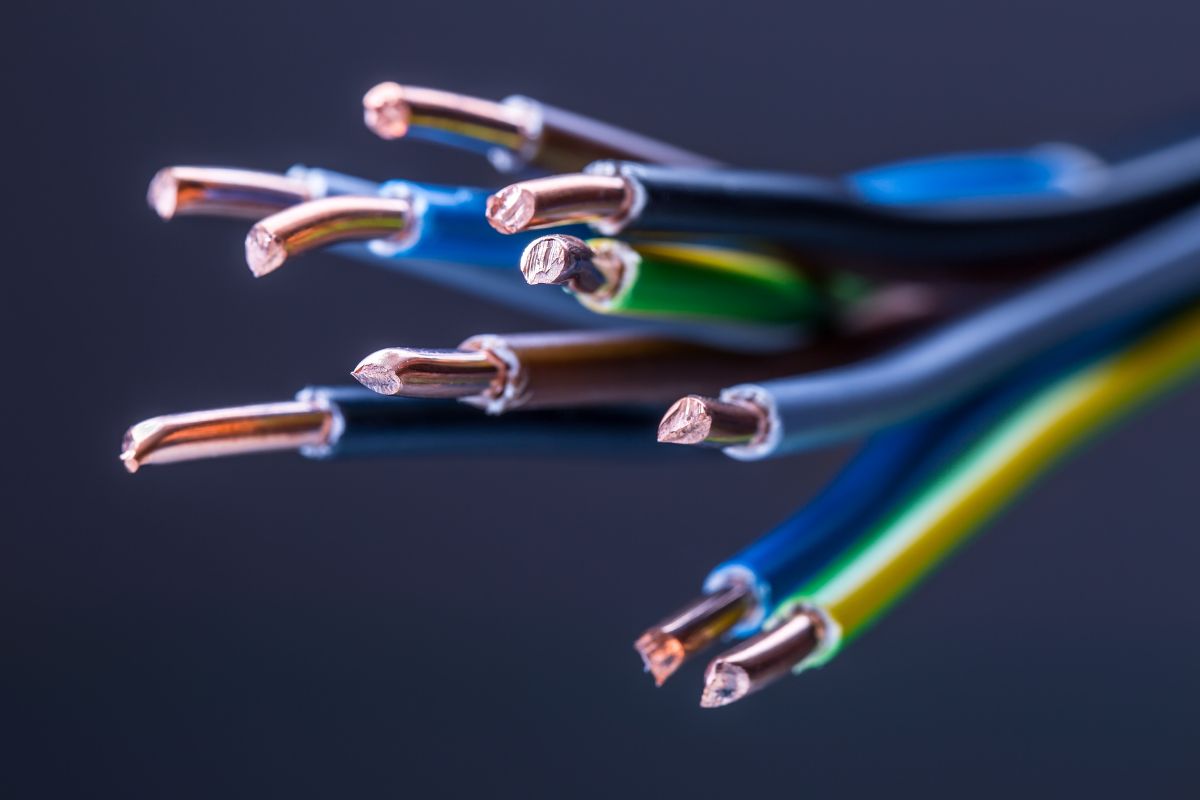Penile implants are artificial devices that are placed inside the penis of a man with erectile dysfunction (ED) to help achieve an erection. They are usually recommended when other treatments for ED have failed. There are mainly two types of penile implants, namely semirigid and inflatable. Each one of these has its own pros and cons.
Why it’s done?
For most men, erectile dysfunction can be easily treated with medications or by using a penis pump (vacuum constriction device). Penile implants might also be used to treat severe cases of a condition that causes scarring inside the penis, resulting in painful erections.
Penile implants are not suitable for every patient. The doctor might not advise going for an implant if –
- ED which is situational, the result of a relationship conflict; potentially reversible
- An underlying infection
- Uncontrolled Diabetes
Penile enlargement surgery cost in India depends on –
- The type of implant decided
- Location of the patient
- Any postoperative complication
How do you prepare?
During the visit to the urologist, the doctor will likely:
-
Review your medical history.
Questions about the current and past medical conditions, along with the experience of ED, are primarily discussed. Any medications that the person is taking or any surgeries that the patient might have undergone need to be disclosed.
-
Do a physical exam.
To confirm the presence and nature of ED, the doctor will do a series of physical examinations on the patient. This is done to make sure that the ED can’t be treated in another way.
The complications of the implant are explained to the patient.
-
Discuss your expectations.
Making sure that the procedure is well understood and all the types of implants are well known is important. It is also advisable to know that this is a permanent and irreversible procedure. The doctors will explain the benefits and risks. These should also be discussed with your partner.
The most common types of complications that can arise in a surgical penile prosthesis surgery are of 2 types –
- Intraoperative
- Postoperative
Intraoperative includes the complications arising during the surgery. These are usually treated by the doctor then only, and do not result in any difference in the outcome of the treatment.
Postoperative complications and their solutions can be –
-
Infection
It is amongst the most common type of complication seen after penile implant surgery. This is most common for people who already have an underlying infection before the surgery, or for people with diabetes. Uncontrolled levels of glucose in the body make the body infection-prone.
The wound from the incision made during the surgical procedure should be maintained in order to have healthy healing. In cases where the patient is unable to do so, it may result in infection.
In severe cases, a re-surgery has to be done in order to remove the implant and deal with the infection.
Generally, the doctor prescribe a pre-designed course of antibiotics for 15 days after the surgery. This is done as prophylaxis to fight off any infections.
-
Erosion
It usually occurs along with device infection. In such cases, the skin gets attached to the underlying prosthesis due to the infection. This results in friction between the two surfaces, leading to erosion of the penile skin. This is a serious complication that needs to be taken care of.
In mild cases, this is well managed with the help of antibiotics. If the rate of infection is lower, the chances of the skin to get adhered to the underlying implant reduces significantly.
In severe cases, this is corrected with another surgery. The person has to be reoperated in order to detach the skin from the implant and release the discomfort.
-
Reservoir Complications
These are rather infrequent complications that are mostly seen in three-piece implants. There can be some herniation that is seen inside the implant, causing the reservoir to leak out into the abdomen.
It is a rather uncommon complication, but it is seen in the longer run.
For people who have had the implant in place for more than 8-10 years, this is a rather common problem.
In such cases, the patient might need to be re-evaluated and examined. Upon examination, the person is then operated to relocate the reservoir at its correct location. In severe cases, the entire implant might also be replaced.
-
Mechanical complications
The most common mechanical complications that can arise are fluid loss, cylinder rupture, auto inflation, and mechanical breakage. These problems are different from different types of implants. In most of the cases, if a proper care is taken fo the implant, these complications can be avoided.
In severe cases, these complications are corrected surgically under anesthesia. However, in some cases, a new implant might also be needed.
-
Glans problems
There can be two types of glandular problems that may occur after a penile implant surgery. One is the glans that result in hypermobility. This could be because of a problem in the underlying nerves and vessels. The other type is the glans losing its sensitivity to touch. This is more common, and for mild cases, the patients are given medicines to treat this side effect.
















